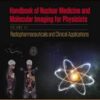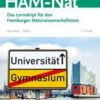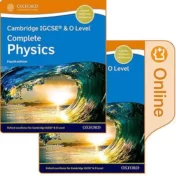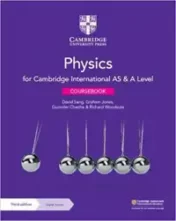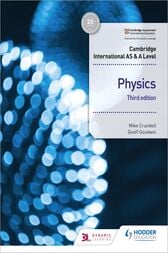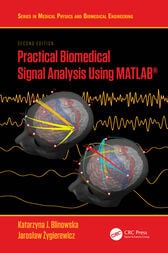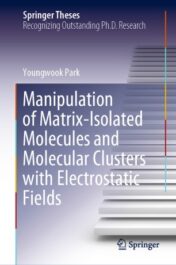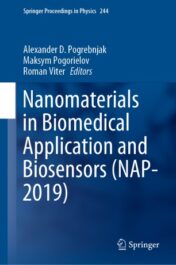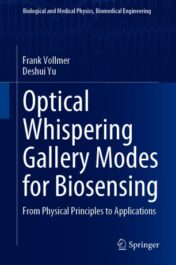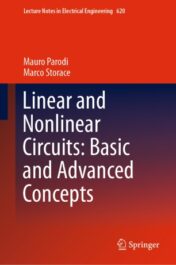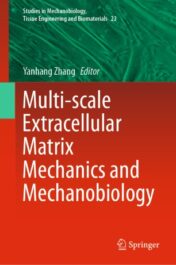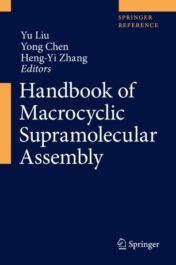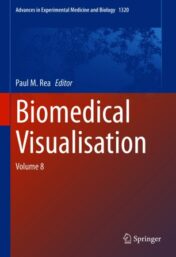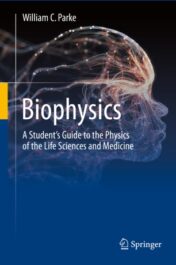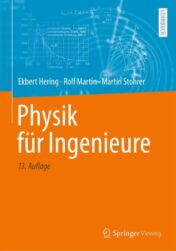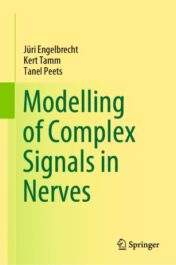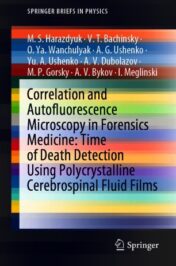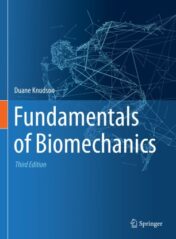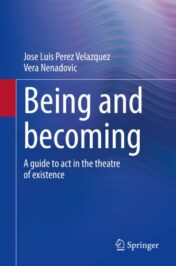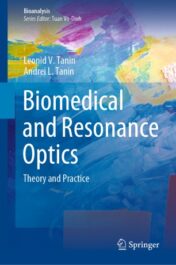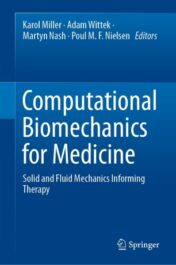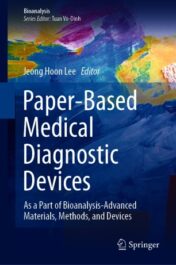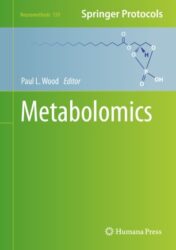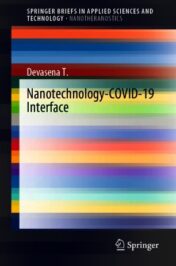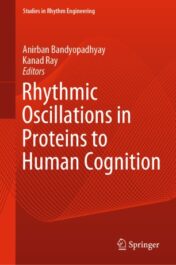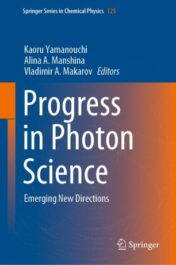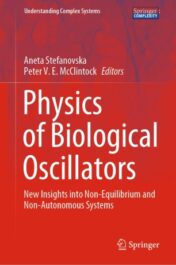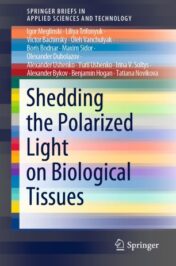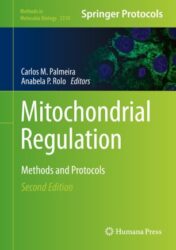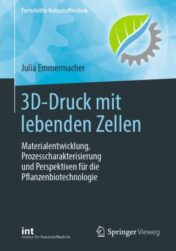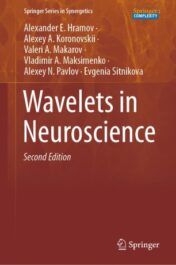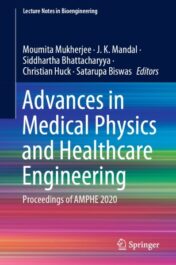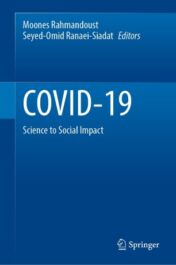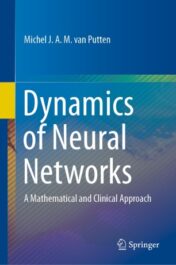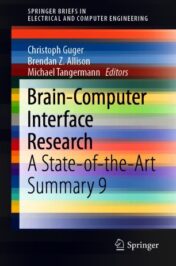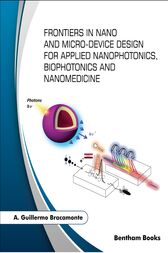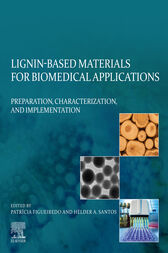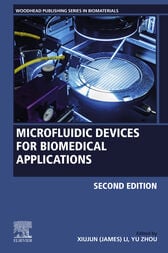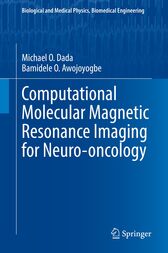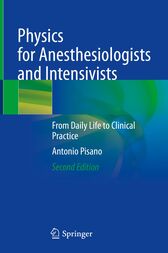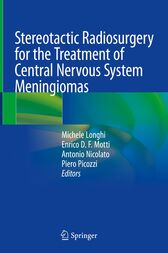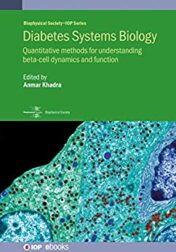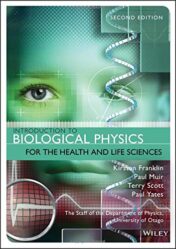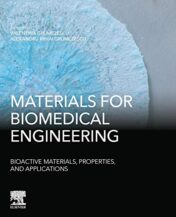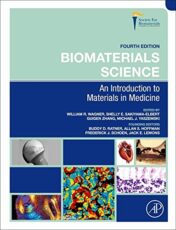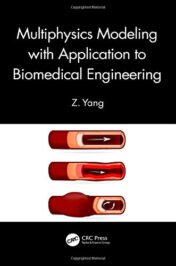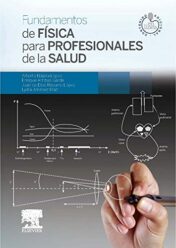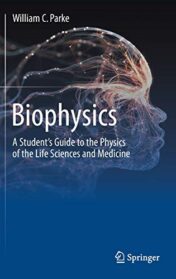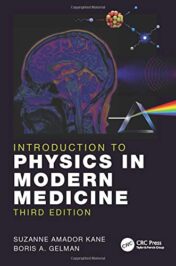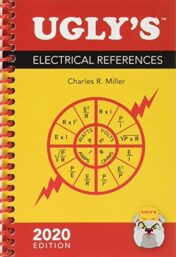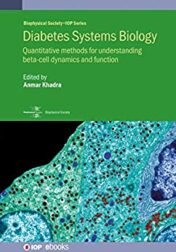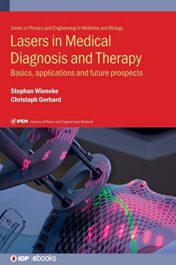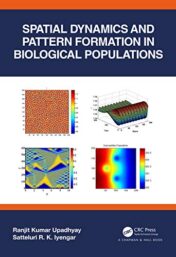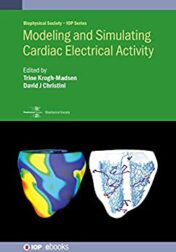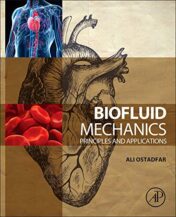Handbook of Nuclear Medicine and Molecular Imaging for Physicists: Modelling, Dosimetry and Radiation Protection, Volume II (Series in Medical Physics and Biomedical Engineering) 2021 Original PDF
$12
Handbook of Nuclear Medicine and Molecular Imaging for Physicists: Modelling, Dosimetry and Radiation Protection, Volume II (Series in Medical Physics and Biomedical Engineering) 2021 Original PDF
Mathematical modelling is an important part of nuclear medicine. Therefore, several chapters of this book have been dedicated towards describing this topic. In these chapters, an emphasis has been put on describing the mathematical modelling of the radiation transport of photons and electrons, as well as on the transportation of radiopharmaceuticals between different organs and compartments. It also includes computer models of patient dosimetry. Two chapters of this book are devoted towards introducing the concept of biostatistics and radiobiology. These chapters are followed by chapters detailing dosimetry procedures commonly used in the context of diagnostic imaging, as well as patient-specific dosimetry for radiotherapy treatments.
For safety reasons, many of the methods used in nuclear medicine and molecular imaging are tightly regulated. Therefore, this volume also highlights the basic principles for radiation protection. It discusses the process of how guidelines and regulations aimed at minimizing radiation exposure are determined and implemented by international organisations. Finally, this book describes how different dosimetry methods may be utilized depending on the intended target, including whole-body or organ-specific imaging, as well as small-scale to cellular dosimetry.
This text will be an invaluable resource for libraries, institutions, and clinical and academic medical physicists searching for a complete account of what defines nuclear medicine.
-
- The most comprehensive reference available providing a state-of-the-art overview of the field of nuclear medicine
-
- Edited by a leader in the field, with contributions from a team of experienced medical physicists, chemists, engineers, scientists, and clinical medical personnel
- Includes the latest practical research in the field, in addition to explaining fundamental theory and the field’s history
Related Products
Biophysics Books
Biophysics Books
Practical Biomedical Signal Analysis Using MATLAB® 2021 Original pdf
Biophysics Books
Biophysics Books
Biophysics Books
Handbook of Macrocyclic Supramolecular Assembly 2020 Original pdf
Biophysics Books
Biophysics Books
Biophysics Books
Water in Biomechanical and Related Systems 2021 Original pdf
Biophysics Books
Biophysics Books
Biophysics Books
Biophysics Books
Biophysics Books
Biophysics Books
Biophysics Books
Progress in Photon Science Emerging New Directions 2021 Original pdf
Biophysics Books
Shedding the Polarized Light on Biological Tissues 2021 Original pdf
Biophysics Books
Dynamic Hyperpolarized Nuclear Magnetic Resonance 2021 Original pdf
Biophysics Books
Mitochondrial Regulation Methods and Protocols 2021 Original pdf
Biophysics Books
Biophysics Books
Biophysics Books
Biophysics Books
Principles of Brownian and Molecular Motors 2021 Original pdf
Biophysics Books
Biophysics Books
Lignin-based Materials for Biomedical Applications Original PDF
Biophysics Books
Biophysics Books
Biophysics Books
Biophysics Books
Lasers in Medical Diagnosis and Therapy (IPH001) (Original PDF)
Biophysics Books
Structural Biomaterials: Properties, Characteristics, and Selection
Biophysics Books
Biophysics Books
Biofluid Mechanics: Principles and Applications (Original PDF)


